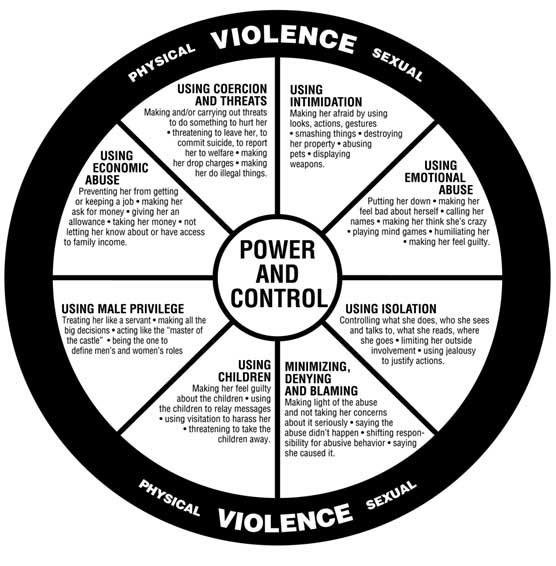Groups
Batterer Intervention
The program focuses on ending physical, sexual and psychological violence, and holding the perpetrator accountable for:
- The perpetrator’s violence (and)
- All other abusive acts that have been initiated by the perpetrator (and)
- Changing the perpetrator’s violent and abusive behavior
The program requires clients to participate in single-gender, 90-minute weekly group sessions for at least six months (26 session). The initial intake session is considered a treatment session. Clients are required to attend each session alcohol and/or drug-free.
A Letter of enrollment is provided to any victim mentioned during the assessment to inform them that the offender has enrolled in the class.
Victims will also receive a letter upon completion.
Victims are not allowed to be involved with the offender’s education.
The program has authority and responsibility to complete and assessment of all referrals
The program will protect the confidentiality of all participants as expected by the Batterer Intervention Program. All participants will be informed that there are special circumstances where confidentiality may be broken.
Anger Management Groups
The groups offered are aimed at various populations. They include, but are not limited to:
- Men’s Groups
- Women’s Groups
- Men’s and Women’s Spanish Speaking Groups
There are a variety of subject matter covered in the groups. The goal is to Identify as many areas as possible to address issues related to the individuals’ anger. Some of the topics that are covered include:
- Recognizing and accepting feelings
- Identifying triggers to anger
- Thinking before acting
- Effective conflict resolution
- Use of support System
- Each individual referred will have an initial anger assessment to identify their specific area of need.
- If the individual is found to be appropriate for the group, a fee for services will be developed.
- The participant will be enrolled to begin services as soon as possible, starting in the next available twelve (12) week group. (Recommendations to treatment are person centered and may involve additional group sessions. Arrangements to participate in additional group sessions will be made on a case by case basis.
Sex Offender
The sex offender assessment aspect of the program targets identifying risk factors that have been empirically shown to relate to the risk of sexual offending. Instruction is guided by an assessment to identify an individual’s problem areas related to potential re-offense. Instruction is then targeted to reduce the individual’s risk of re-offense.
Learning to control deviant sexual behavior requires long term education and follow-up. Best outcomes are from coordinated lessons by a multidisciplinary team that includes; mental health professionals, the legal system, community resources, and other natural supports.
Referrals for sex offender treatment come from the Department of Corrections and from self-referral.
Each individual referred will have a comprehensive assessment completed that will direct their individual course of education.
If the individual is found to be appropriate for services, a fee for services will be developed.
The individual will have an education plan developed that may include individual therapy, group therapy, case management, polygraph testing, collaboration with Department of Corrections, and referral to appropriate medical / mental health professionals for consultation or treatment.


